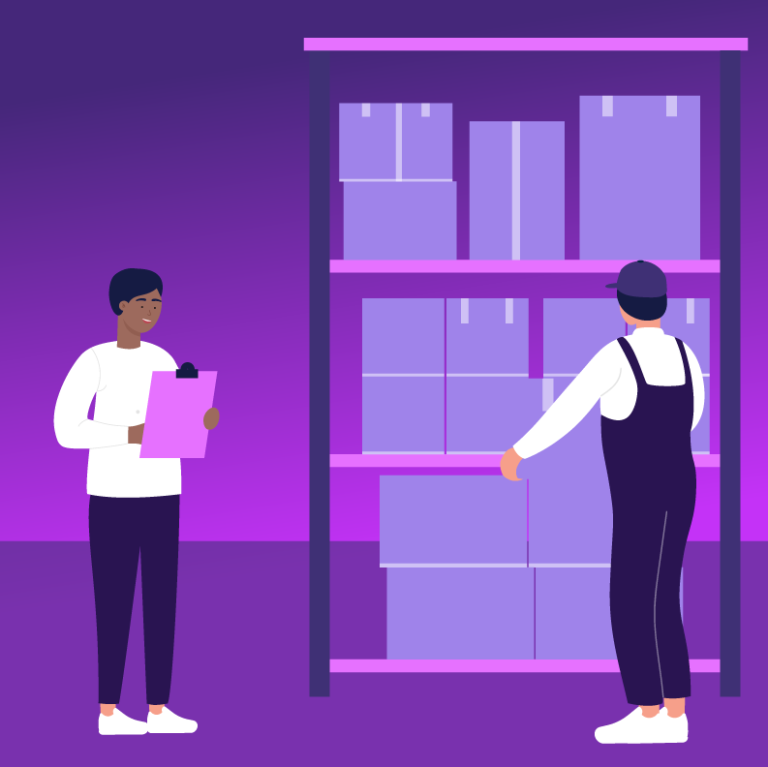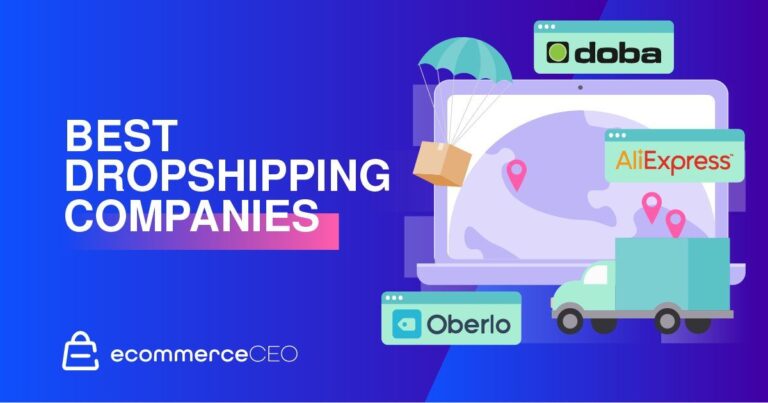 Author By Miva |
Author By Miva |- Posted on
- • November 19, 2018

The most common metric of success is revenue, which is why many companies employ a host of strategies to boost their earnings. Sales executives and company owners need to be creative if they want to drive growth. One tactic that is being reinvented is net terms. Flexible payment terms are a tried-and-true practice that are being used to increase wholesale conversions and grow sales by as much as 100%. Giving all of your customers time to pay for products can have a significant impact on your average order size and order frequency. The following are a few things to consider when implementing flexible payment terms as a long-term strategy.
Considerations for Offering eCommerce Payment Terms
Net 30 terms are common in online B2B sales. Net 30, giving your customers 30 days to pay their invoice from the day product is shipped, can be both risky and beneficial. While offering terms makes you vulnerable to not getting paid, it also encourages your customers to order greater quantities at more regular intervals. Appropriately managing your payment terms is key to maintaining proper cash flow and growing your sales.
A common solution for reducing the risks associated with extending credit terms is factoring. Factoring banks will buy your open invoices at a discount and pay you in advance for bundled invoices. The downside is that factoring banks don’t often cover defaulted payments and they will consume a significant portion of your margin. Factoring banks also do not remove any of the administration around accounts receivable management.
Beyond factoring banks, there is a solution that guarantees payment on all of your net terms through their gateway. Guaranteed payment means that in the vent a buyer defaults, the wholesale supplier will still receive payment. This eliminates the headaches of AR management, that allows you to offer terms to all your buyers. Instead of invoicing, paper checks, late payments and delinquent accounts, the entire process of B2B payments is streamlined by offering automated ACH and net terms right in your B2B checkout. Using an automated solution that guarantees payment directly to your checking account saves you time and money, allowing your sales team to focus on growing your business. Rumbleship stands alone as a service that can change the way your organization handles and considers payments and accounts receivable.
User Adoption and Cart Conversions
Terms at checkout increase sales and encourage your buyers to purchase more, more often. They also move buyers into your B2B eCommerce store, helping ensure that they become repeat customers.
A 2017 Baymard Study of eCommerce shopping cart abandonment found that approximately 8% of order abandonments occurred due to lack of accepted methods. Offering terms lowers this risk by providing an additional payment method directly in your checkout. If cart abandonment is a growing problem for your business, implementing a flexible terms solution directly in your checkout can improve conversions. The promise of having time to pay for purchases is attractive to buyers and seeing this option could help them plan their future orders.
Three Ways Net 30 Terms Will Increase Your B2B Sales
1. “Try Before You Buy” Appeal
As an online B2B seller, working your way into a new market is challenging. Your customers want an opportunity to try your product before they buy it. New retailers and distributors are hesitant to purchase merchandise they haven’t sold before. Give them the opportunity to sell some of your product before they buy it. Giving your buyers a 30 or 45-day net term offers your sales teams an ace in the hole for closing new accounts. Furthermore, allowing this additional time to pay for product builds trust between you and your customers.
Terms are just as important a tool for recurring orders as they are for opening new doors. Most industries have a natural ebb and flow that runs parallel to the seasonality of the product. Giving your customers more time to pay for product before peak season allows them to stock up on the items they need, minimizes the impact on their cash-flow, and helps you plan your business based on projected earnings.
2. Terms Cost Less than a Credit Card
Not sure if your customers will want to try something new? Try rewarding them with a discount on their orders. All customers like discounts and by helping them save money you’re improving their bottom line. Consider a service that takes it a step further by rewarding all day 0 payments with a discount. If your buyers don’t need terms, they will receive a discount by paying immediately on their order. Beyond saving your loyal customers money, you offer them the option of using terms when they need to. It’s win-win for everyone.
3. Grow Your Average Order Size and Order Volume
A sales channel is only as good as your customers’ access to it. If you’re a wholesaler without a dedicated B2B eCommerce store, you are missing out on a major revenue stream. Wholesale orders tend to involve higher volume than B2C transactions. Access to a dedicated wholesale store gives your wholesale customers the power to purchase product 24 hours a day, seven days a week. A B2B store needs specific product offerings and packages for bulk purchases. The larger an order, the greater the likelihood that it will negatively affect your customers’ cash flow. Investing in an eCommerce store, combined with flexible payment terms, will grow your average order size and order volume.
Looking for more ways to dazzle your B2B buyers? 5 Ways to Treat B2B Customers Like VIPs
About the Author:
Matthew Abdalah graduated Cum Laude from San Jose State University in the heart of Silicon Valley with Communication Studies degree. He is the Director of Sales Operations and Marketing for Rumbleship Financial, a B2B eCommerce payment gateway that is changing the landscape of wholesale payments. He has worked in the digital payments and B2B eCommerce space for the past 5 years, formerly the head of sales operations for LimeLight CRM, a B2C eCommerce platform for digital marketers.




![Salsify Publishes 2022 Equity, Diversity, and Inclusion (ED&I) Report [Download] | Salsify](https://technobabble.com.au/thegatewaynetau/wp-content/uploads/sites/11/2022/12/salsify-publishes-2022-equity-diversity-and-inclusion-edi-report-download-salsify-768x476.jpg)